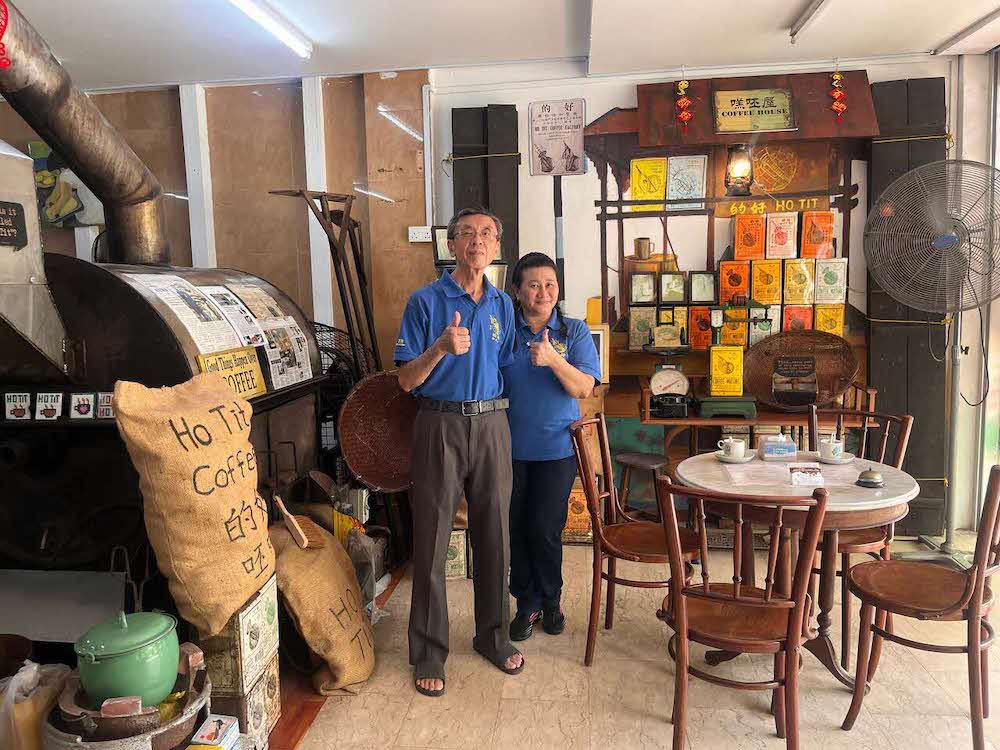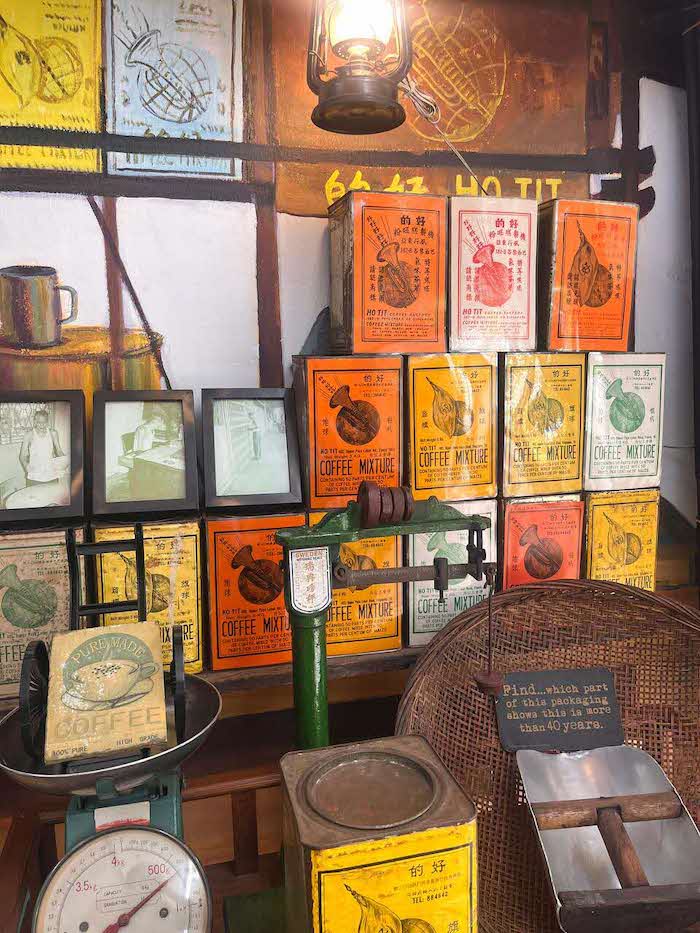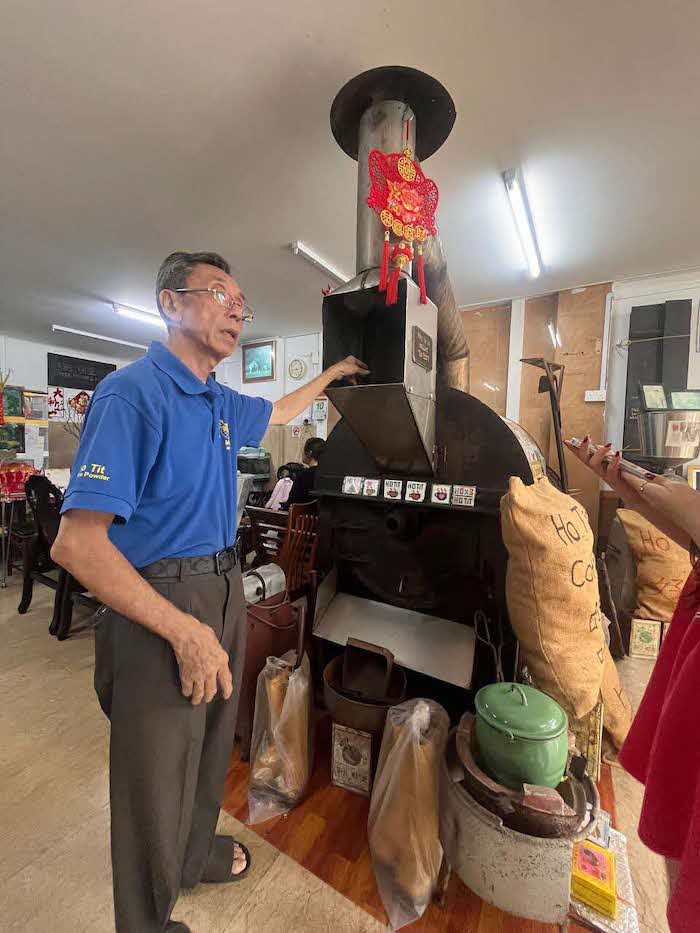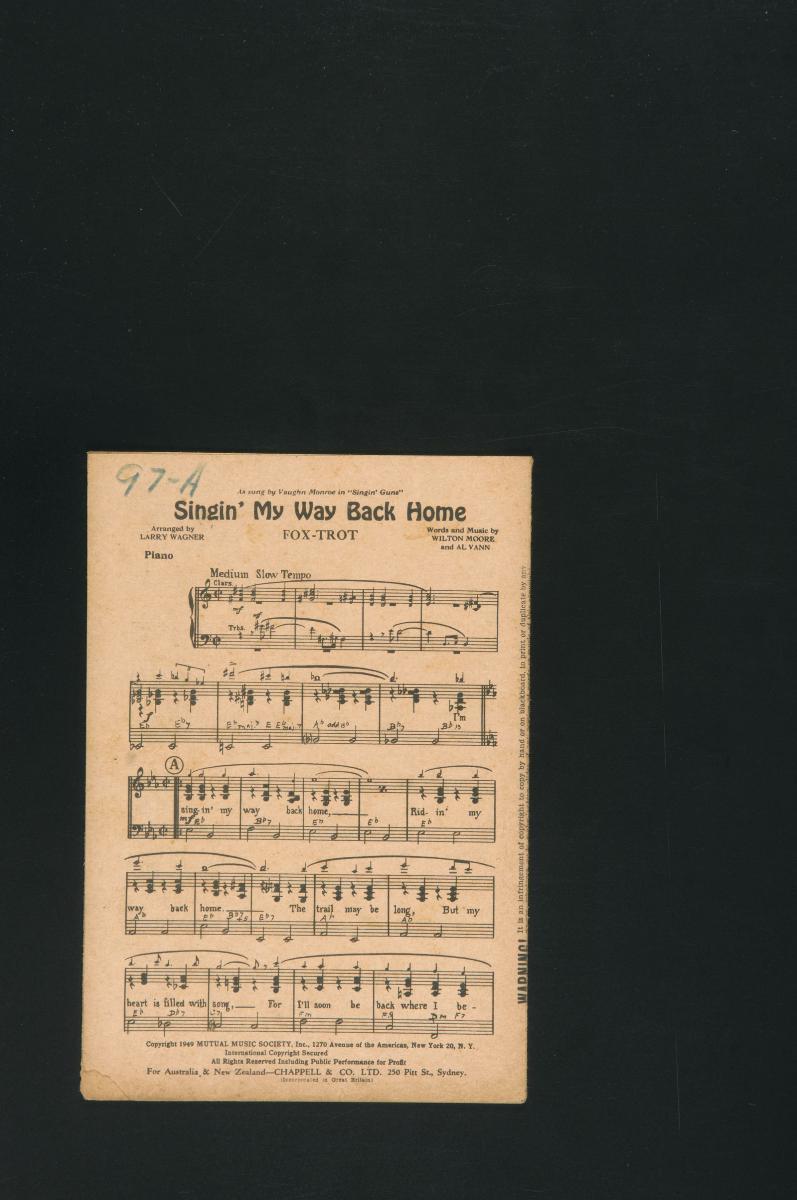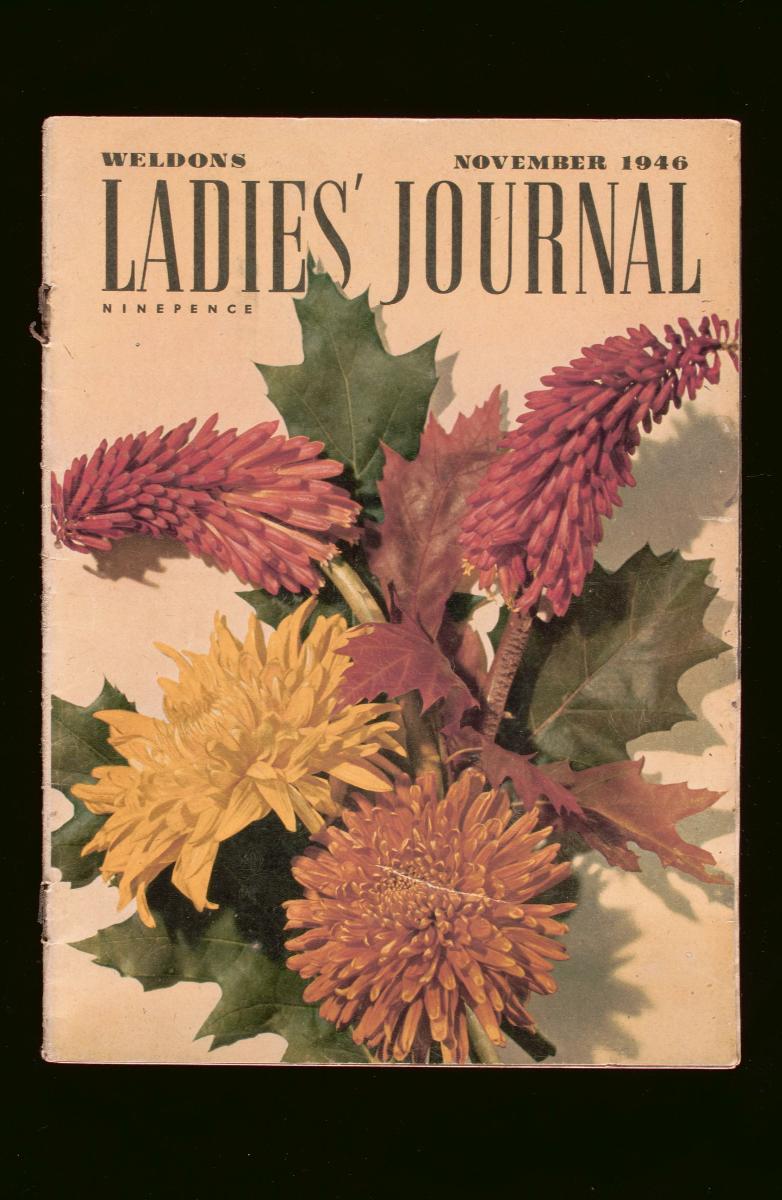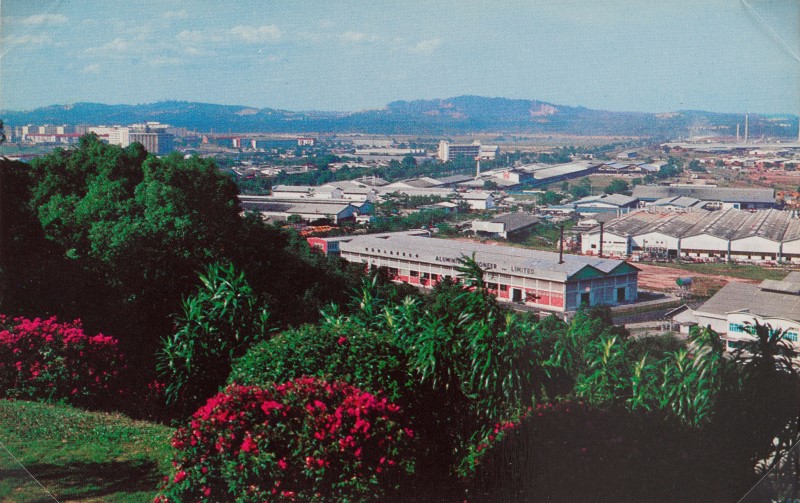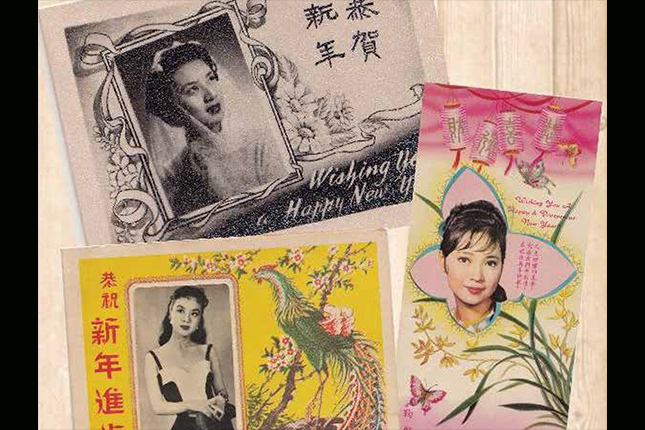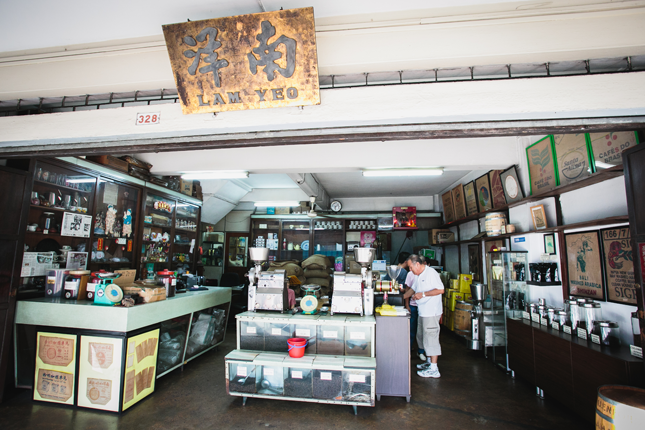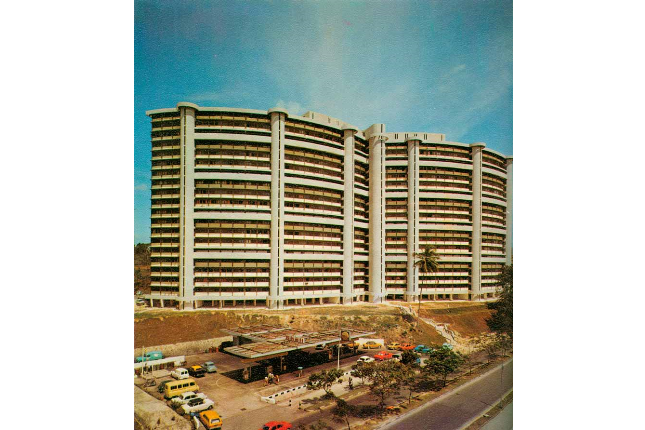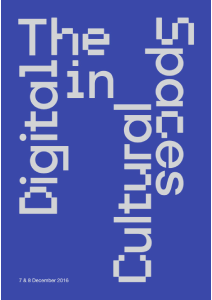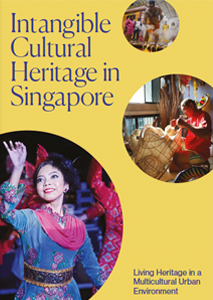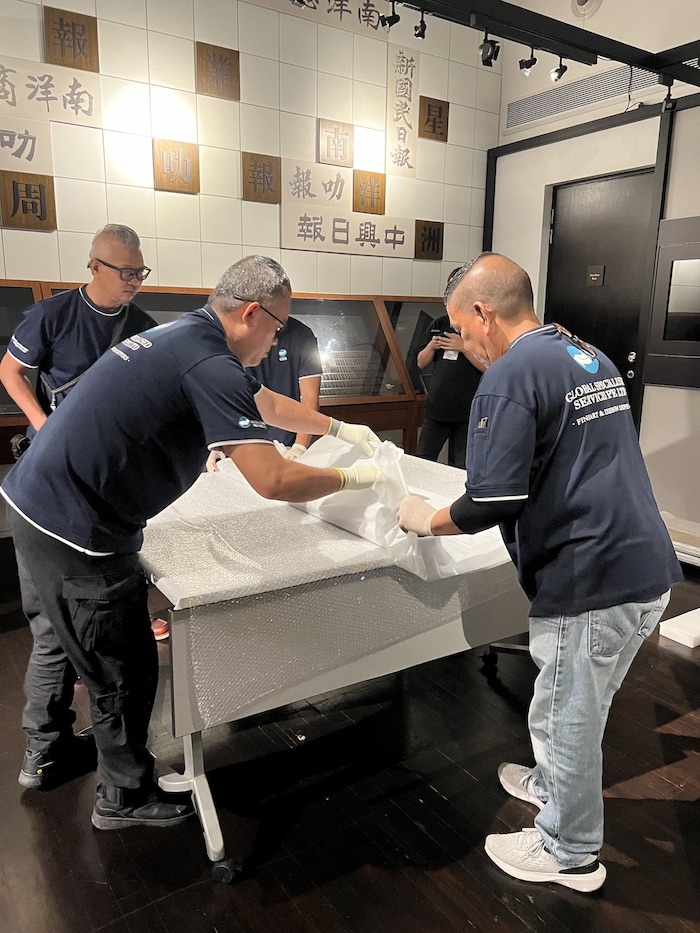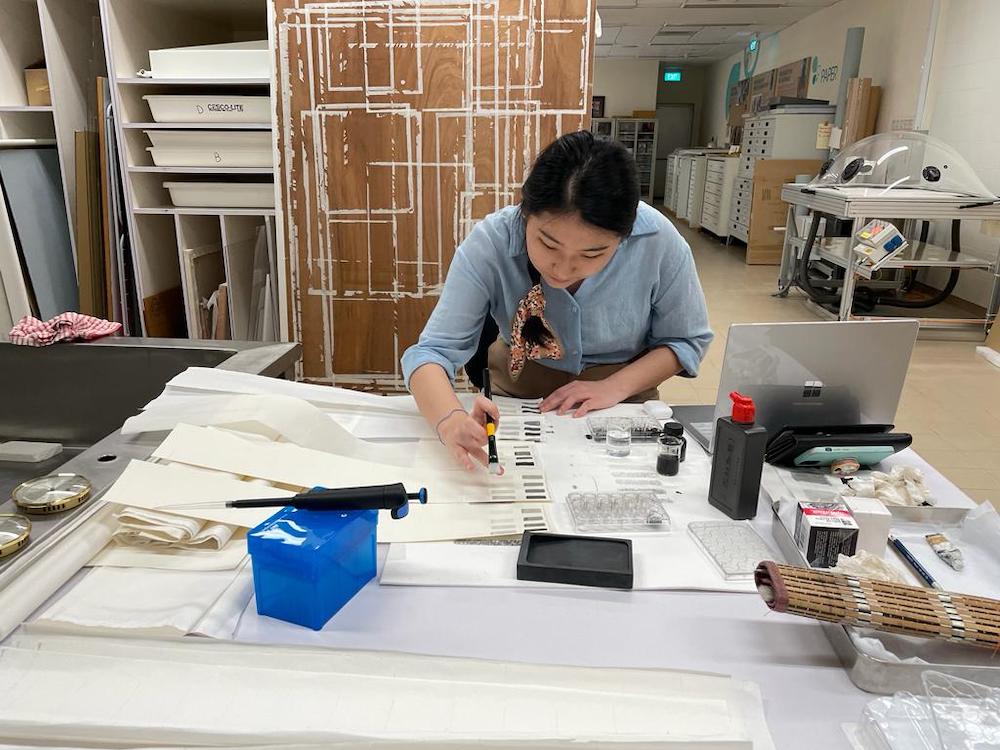The sweltering heat, rich aroma of roasted coffee beans, and rhythmic harmonics of beans rattling in the roaster—these were the early childhood memories of Mr Dominic Chua, a second-generation coffee roaster who runs Ho Tit Coffee Powder Factory. This 70-year-old heritage business, established in 1953, was named by Mr Chua's father, Mr Chua Tock Hoon, as Ho Tit, meaning good “好的” in Hokkien. It reflects their unwavering commitment to serving quality traditional coffee.
A Childhood Rooted in Coffee
Mr Chua, 61, is the youngest son of the family and has been working at Ho Tit Coffee Powder Factory since 1985. "I often came by the shop to play and watched my parents make coffee," said Mr Chua with a fond look in his eyes, reminiscing about his childhood at Ho Tit.
Growing up, Mr Chua witnessed his father’s immense dedication and passion to build and maintain Ho Tit. He would often come home to find his father exhausted, hands stained brown and yellow, yet never once complaining.
Tragedy struck in 1988, about three years after Mr Chua joined the family business, when his father passed away suddenly in a traffic accident, leaving the business to his family. "How the business originated, everything from its beginning, like how he came up with the brand's logo, we had no idea," Mr Chua shared with The Straits Times. The responsibility fell to him to take up his father's mantle and continue the legacy of Ho Tit.
Stepping Up to the Challenge
After decades of maintaining Ho Tit's reputation, the COVID-19 pandemic posed unprecedented challenges to Mr Chua.
The business struggled as offices transitioned to remote work, severing a crucial revenue stream from pantry supplies. Left with shrinking sales, Mr Chua found himself at a crossroads.
As online delivery services rose in popularity, Ho Tit had to adapt. They joined Shopee and Lazada, selling their coffee blends to a wider audience. Reflecting on the transition, Mr Chua acknowledged the challenges of adapting to new technology. "Of course, we will have difficulties because I'm not young," he admitted. With a warm glance at his wife, he added with a chuckle, "I'm still learning."
The End of an Era
As the years went by, Mr Chua and his wife, Mdm Cynthia Aw, had to bring their coffee roasting process to a halt. Their bodies, once accustomed to the tiresome coffee roasting process, began to feel the toll of decades of labour.
"We could not keep up anymore. Every time we roasted the coffee, we could not sleep lying down. I had to sit upright on the sofa to fall asleep," said Mdm Aw, showing her weathered hands from years of handling coffee beans.
Although their hand-roasted coffee was greatly loved by loyal customers, they had to make the difficult decision to stop roasting and source their coffee beans externally instead.
Towards the Future
However, Mr Chua remains committed to preserving Singapore's traditional coffee heritage. He has donated one of their old Nanyang Coffee roasting machines to the National Museum of Singapore, and is preparing his youngest daughter, Chua Zoyee, to become Ho Tit’s third-generation successor. Until then, he continues to preserve the taste of traditional coffee, one cup at a time.
The National Museum of Singapore has collected Ho Tit's coffee roaster for its significance in Singapore's coffee culture. This machine, which produced traditional Nanyang coffee beans for local coffee shops, represents an important part of our social, cultural, and culinary heritage. The roaster's inclusion in the Museum's Collecting Contemporary Singapore initiative acknowledges Ho Tit Coffee Powder Factory's role as one of Singapore's early coffee roasters, and helps document the evolution of our distinctive coffee shop culture.




